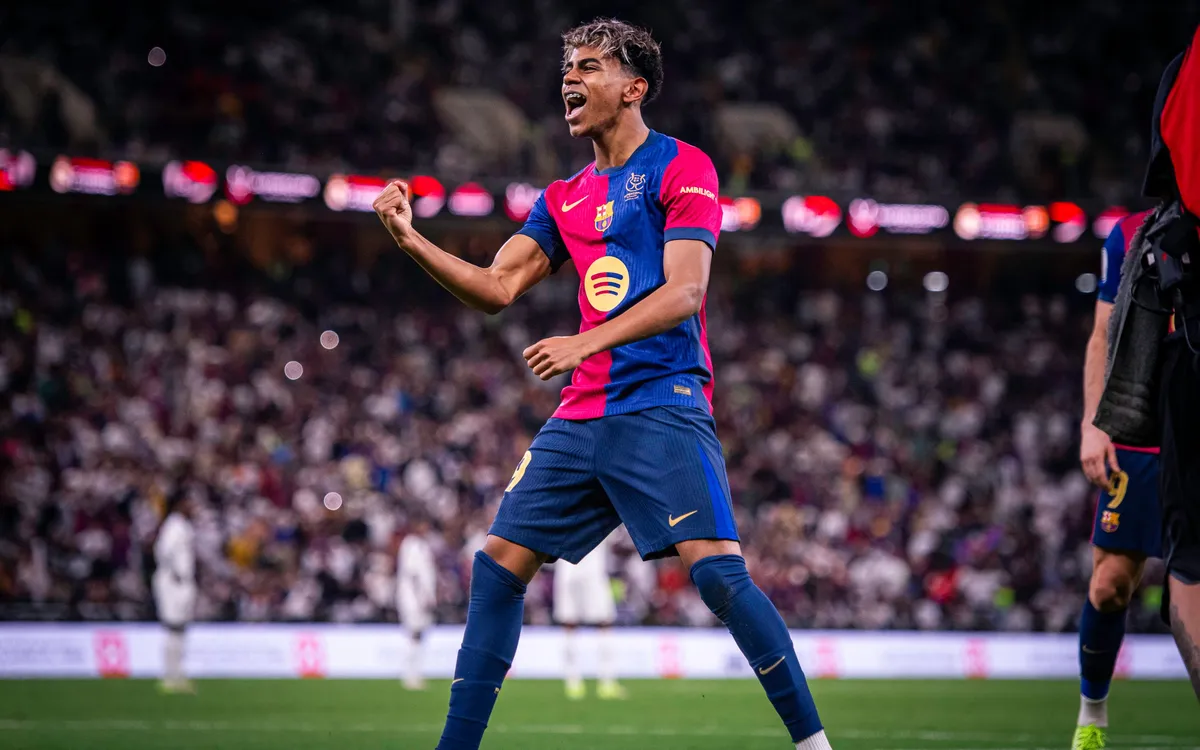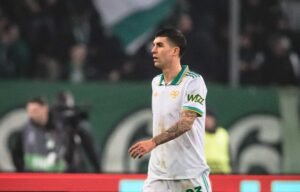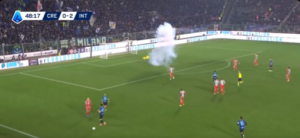The winger is on a journey towards becoming a footballing icon but must prepare for the thorns ahead
From the moment Lamine Yamal stepped onto La Masia’s grounds as a wide-eyed seven‑year‑old, everyone sensed something electric in his game. Born and raised in Mataró to Moroccan and Guinean parents, Yamal developed an exciting, rhythmic style of football, with quick feet, fearless dribbling, and an instinct for the unpredictable. Those abilities caught Barcelona’s scouts early on.
Tutored in the same academy that shaped Lionel Messi and Andrés Iniesta, he matured quickly and was soon attracting comparisons to Barcelona’s all-time great in both artistry and audacity. La Masia means “the farmhouse”. It is Barcelona’s foundation for breeding young stars, located right at the centre of the club’s nervous system, the place where not just Messi and Iniesta but also Xavi Hernández, Carles Puyol and Sergio Busquets, among a host of others, had slept, ate and lived football; where they were drilled in the philosophy of the tiki-taka, to knock the ball around the opposition until their limbs were filled with lactic acid.
But even among La Masia graduates, there are the best and then there are the exceptional like Yamal. By April 2023, barely 15, he debuted for Barcelona’s first team, becoming the club’s youngest senior appearance of the century. But he didn’t just show up. Stepping onto the pitch with composure beyond his years, he soon etched his name into records as Barcelona’s youngest goalscorer and the youngest starter in the history of the Champions League.
Spain’s coaching staff didn’t need to look for further proof. Yamal was called up to the senior national team at just 16 years and 50 days, making him Spain’s youngest ever player and goalscorer in Euro qualifiers in September 2023. The pattern continued at Euro 2024. In June 2024, aged 16 years and 338 days, he became the youngest ever to play in the competition, starting against Croatia and assisting a goal. He then set the record for youngest knockout participant before delivering two more assists by the quarter-finals.
It was in the semi‑final against France that Yamal officially announced himself as football’s newest thing, curling a sumptuous strike from 25 yards into the top corner, on the big stage, with some of the world’s best footballing talent watching on both sides. It was not just that Yamal was a kid who still had homework to do. It was not that he broke the record as the youngest goalscorer in European or World Cup history at 16 years and 362 days, eight months younger than the famed Pele. It was that he did it against a team full of stalwart veterans who had made playing defensive non-football their tournament trademark, a team who hadn’t conceded from open play in 525 minutes. It was that he instilled belief in a nation to push them into a final for the first time in 12 years. It was a matter not just of skill but heart and daring. It always is with Lamine Yamal.

He wasn’t done. He added a fourth tournament assist in the final, a day after his 17th birthday, as Spain beat England to win the Euros, and Yamal left Germany as both Young Player of the Tournament and the youngest ever to win a major international competition.
The following season saw the 17-year-old become a mainstay on the right wing of Hansi Flick’s front three at Barcelona, stamping his mark on La Liga, playing with relentlessness and purpose. Yamal scored nine goals and delivered 15 assists, the latter a league-leading total by some distance. The closest was teammate Raphinha with 11. In the Champions League there was that goal against Inter Milan at Montjuic, with no visible sign of danger and Europe’s meanest defence staring him down, Yamal twisted and turned, and with virtually no backlift, sent the ball flying in.
The comparisons with Messi have naturally followed. Both are La Masia graduates; both are left footed; both have played on the right side of Barcelona’s front three; both wore the shirt number 19. Messi was a prodigy too, and recently a photo has resurfaced of the Argentine bathing the baby Yamal in 2007, the kind of narrative that belongs in blockbusters.
The propaganda has also followed, and the counter-propaganda. Has he scored a worldie? Surely he deserves the Ballon d’Or.
Hanging around a certain Brazilian superstar known for a party lifestyle; holidaying with a model? He’ll be up to no good, you just watch.
Players like Yamal inevitably attract attention. The scintillating dribbling, incisive no-backlift passing, scoring trademark top-corner finishes – those get the dopamine pumping, draw the social media likes and shares. Have you watched it? Well, do so!
Yamal is a commercial linchpin, the craving of a social media-bound generation. A good team performance followed by the win is great but the golazo is what gets millions of fans going. Yamal will have his audience, billions of them, and it’s tough to see a player currently able to provide the amount of rush that he can.
The crucial thing of course is that a young player has to keep his head in the game and grow. There will be lots of criticism, painful moments. “Lamine is a genius, but if you want to play at the highest level for 15 years, you have to train well and be mentally at the highest level,” said his manager, Flick. “Lamine is smart, he knows that talent alone isn’t enough.”
The best players ride on their ability, but ultimately they must suffer. They will ditch skill at times and do the dog work. They will face the barrage from a global audience baying for more than they can give. The dark times will come but they will have to brave it. So must Yamal. In the end, football wants to see a seven‑year‑old grow into a giant, an icon, with something electric in his game. So does every fan.




